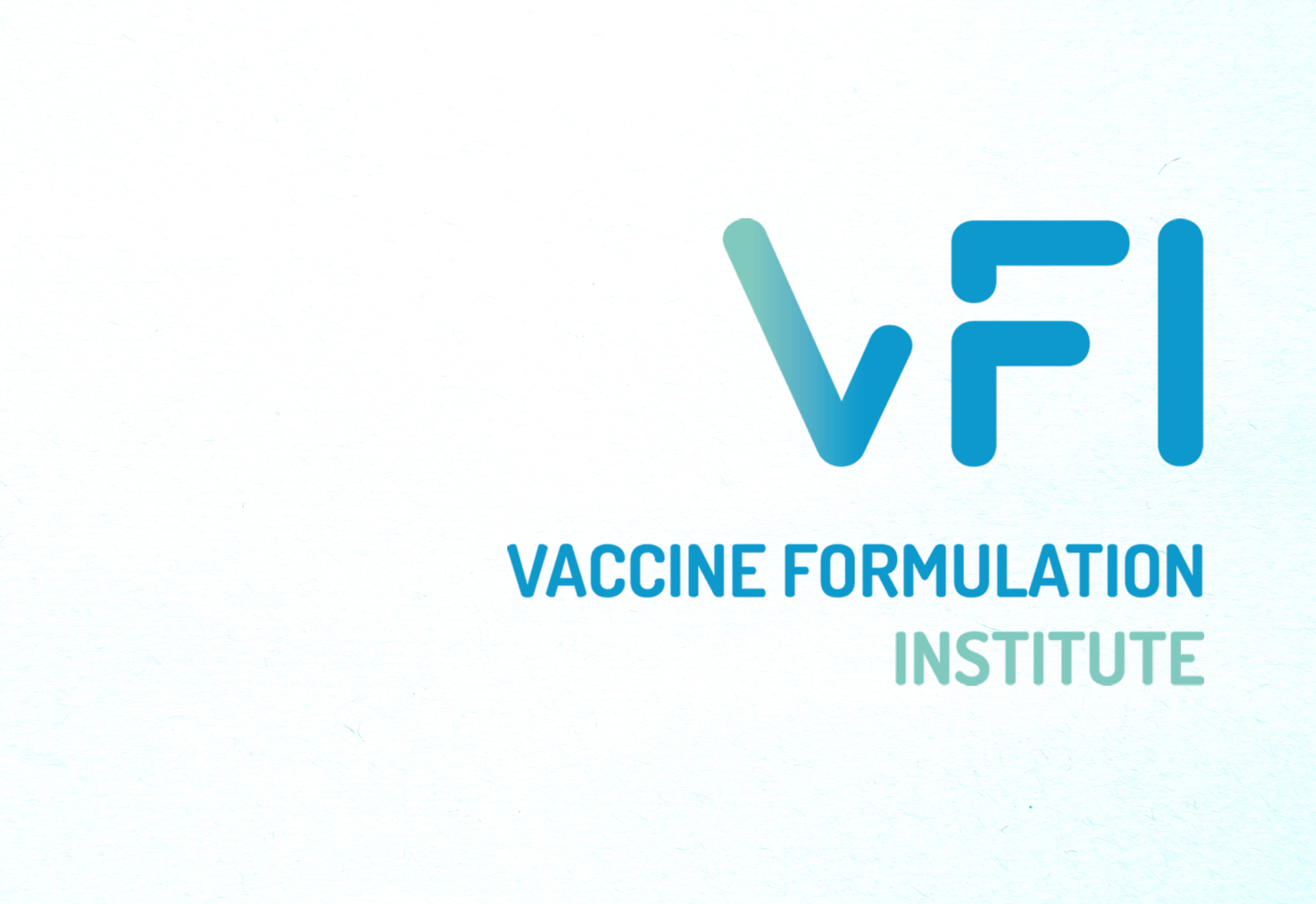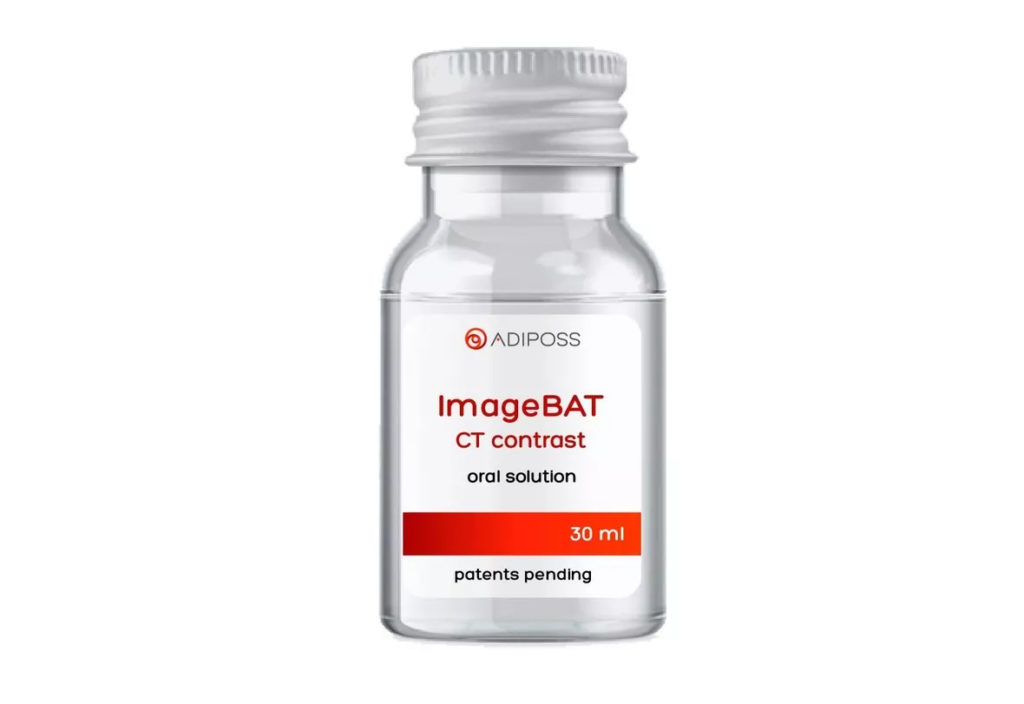
Why the Vaccine Formulation Institute chose Western Switzerland
23 January 2024

Nicolas Collin, Co-Founder and CEO of the Vaccine Formulation Institute (VFI), discusses the innovative approach and global impact of their work in developing high-quality, accessible adjuvants for vaccines and why Geneva was chosen as the ideal location for VFI’s impactful work.
Can you introduce us to the Vaccine Formulation Institute (VFI) and its primary focus?
The Vaccine Formulation Institute is a company that specializes in developing high-quality, innovative adjuvants – essential ingredients of vaccines that enhance their effectiveness, durability, and affordability. VFI is more than just a company; it acts as a global center of expertise assisting vaccine manufacturers worldwide, particularly in developing countries, to access adjuvant technologies through technology transfer, training, and expertise to support their own research and development projects.
What unique approach does VFI bring to the vaccine industry?
VFI’s approach is a game changer, as we develop adjuvant technologies from laboratory scale to industry-scale – through partnership with adjuvant producers – for distribution under “open-access” terms to the entire vaccine industry. This means vaccine manufacturers can access VFI’s technologies without licencing agreements and purchase them outright, which is a significant disruption in the field.
How did the idea behind VFI come about, and what has been its journey since inception?
The idea originated at the World Health Organization (WHO) in Geneva around 2010. WHO identified the lack of access to adjuvant technologies as a major hindrance to vaccine development and production in many countries. VFI started its activities as a research group within the University of Lausanne. Later on, VFI received critical support from the canton of Geneva and the economic promotion to establish itself as an independent company. Today, VFI is deeply embedded in Geneva’s international and philanthropic ecosystem, collaborating with local actors such as the University of Geneva on some research and teaching projects.
How significant was the support from the canton of Geneva and other local actors in establishing VFI?
The support from the canton of Geneva was decisive for us. It provided us with access to quality laboratories, assistance from the Fondation d’aide aux entreprises (FAE) and other local actors. VFI also benefitted from the support of the Biopôle in Lausanne where we also have laboratories. This unique regional environment has also been crucial for attracting and retaining top talents and supporting our long-term vision in Switzerland.
Can you elaborate on VFI’s business model and your plans for growth?
Our business model is unique, as we are mainly funded by philanthropic sources like the Bill and Melinda Gates Foundation, the European Commission, and governments such as the USA and Switzerland. We aim at generating licencing revenues from our adjuvant technology on the long-term. We are already working on the new generation of adjuvants for vaccines against diseases like malaria, tuberculosis but also cancer and many more. We are now working on refining our business model to attract new funding and expand more efficiently.
What are some of the milestones VFI has achieved, and what is your vision for the future?
A significant milestone for us was in 2020 when VFI’s first adjuvant became a commercial product, now distributed worldwide by our industry partner Seppic, part of Air Liquide group. VFI focuses on open-source access to our adjuvants, ensuring that vaccine manufacturers, especially in low and middle-income countries, can easily access these technologies. Our vision is to continue this model with our new generation of adjuvants to accelerate the development of vaccines of Global Health impact.

